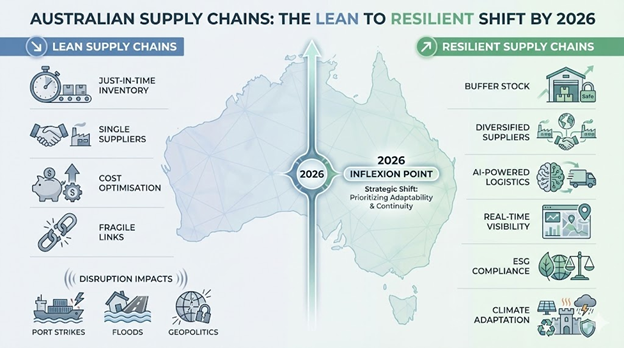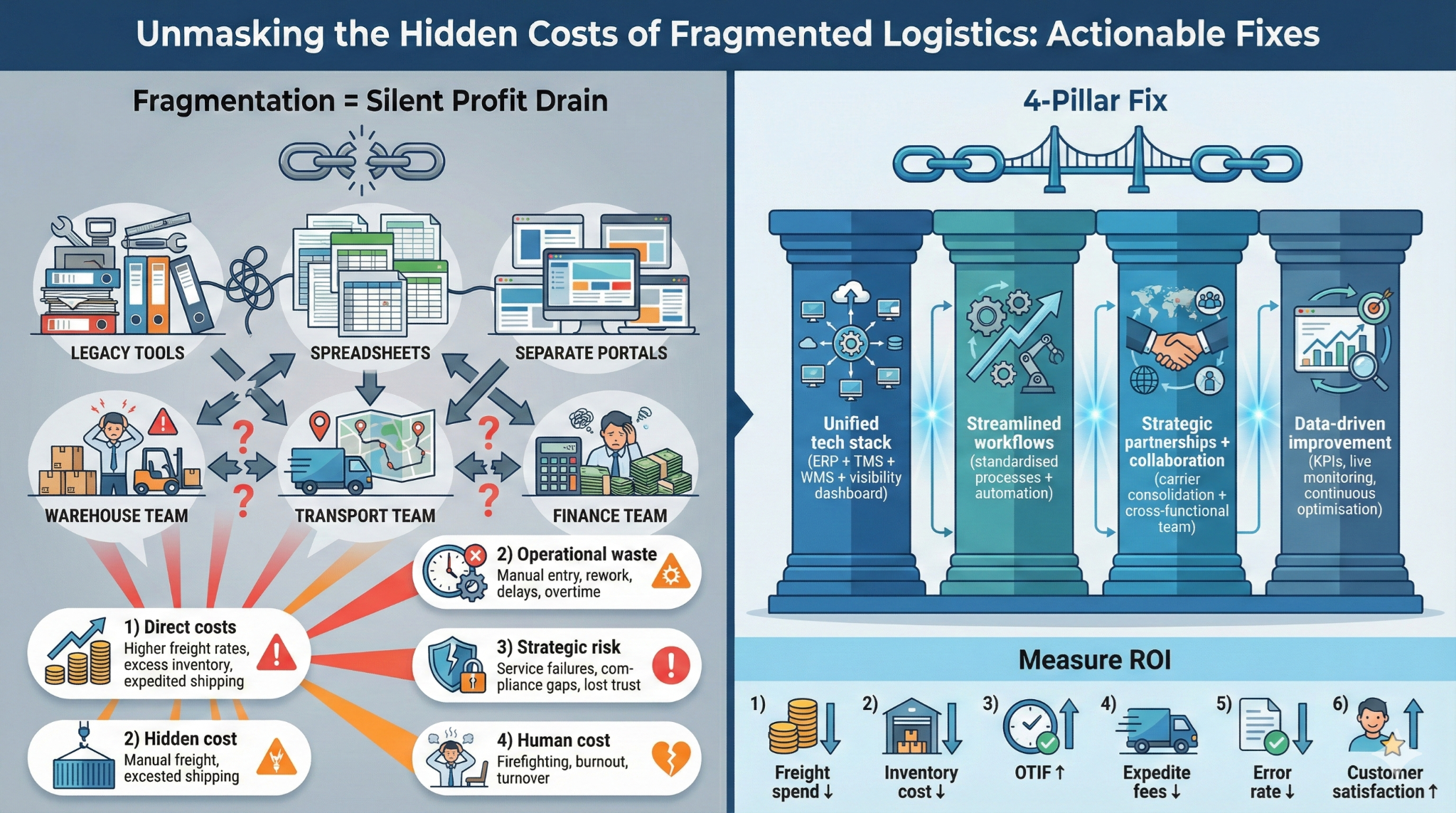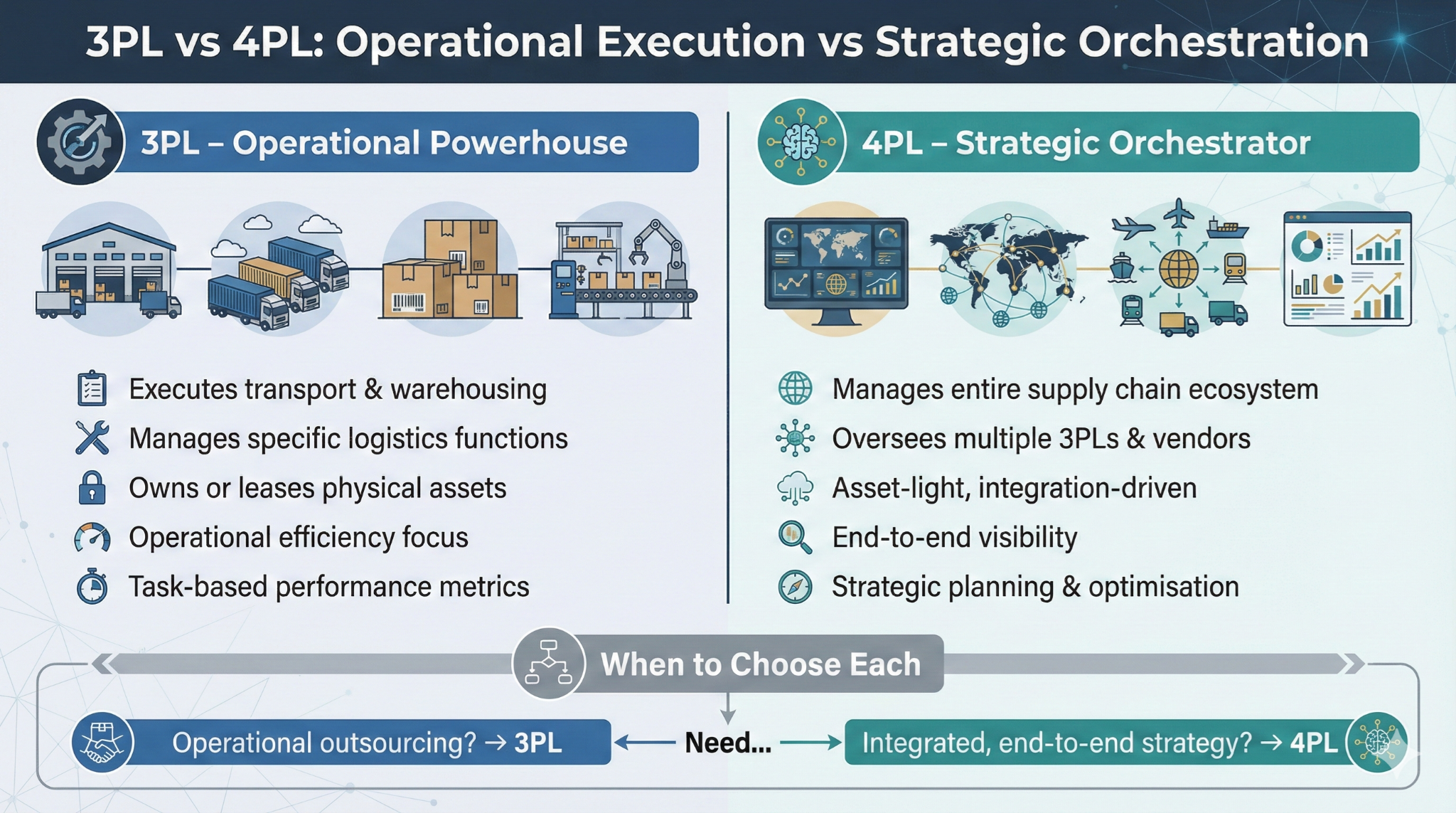In the domain of Australian freight brokerage, the necessity of sustainable practices looms large, requiring a conscientious shift towards eco-conscious methodologies. The interplay between freight operations and environmental repercussions underscores a pivotal juncture where the industry stands poised to make significant contributions towards curbing greenhouse gas emissions. Yet, the rationale extends beyond mere environmental stewardship to encompass a strategic business proposition that can confer a competitive edge in a field increasingly shaped by sustainability imperatives. As we explore further into the multifaceted benefits and imperatives underpinning sustainable practices for Australian freight brokers, a thorough understanding emerges, shedding light on the inherent value of this transformative journey.
Environmental Impact of Freight Operations
Freight operations in Australia have a significant environmental impact, with the transport industry alone responsible for 18% of the country’s total greenhouse gas emissions. The logistics sector is a key contributor to carbon emissions, highlighting the pressing need for sustainable practices within the freight industry.
By acknowledging the environmental consequences of their operations, Australian freight brokers can actively work towards reducing their carbon footprint and lessening the overall impact on the environment. Implementing sustainable practices such as optimising transportation routes, investing in fuel-efficient vehicles, and utilising eco-friendly packaging materials can greatly contribute to lowering emissions and promoting environmental stewardship.
Moreover, embracing sustainability not only aligns with global environmental objectives but also presents a competitive advantage for freight brokers. Companies that prioritise sustainable practices can improve their reputation, attract environmentally conscious clients, and drive operational efficiencies that result in cost savings.
Therefore, addressing the environmental impact of freight operations is not only a moral obligation but also a strategic imperative for Australian freight brokers looking to thrive in a sustainable future.
Competitive Advantage Through Sustainability
In today’s competitive business environment, sustainable practices have emerged as a strategic differentiator for Australian freight brokers. By incorporating eco-friendly initiatives into their operations, freight brokers can gain a competitive edge by attracting environmentally-conscious customers. Companies that prioritise sustainability often experience increased brand loyalty and market share growth, showcasing the tangible benefits of such practices.
Embracing sustainability can lead to cost savings and operational efficiencies for freight brokers, further enhancing their competitiveness in the industry.
Implementing sustainable practices not only helps in reducing greenhouse gas emissions but also contributes to a greener future, aligning with the evolving expectations of consumers. Research indicates that Australian consumers are willing to pay more for products and services from companies with strong sustainability practices, highlighting the potential for freight brokers to not only differentiate themselves but also capture a larger market share through their commitment to sustainability.
Long-Term Viability in the Industry
Ensuring the long-term sustainability in the Australian freight brokerage industry relies on the strategic implementation of sustainable practices. By integrating sustainable measures, freight brokers can effectively decrease operational costs and environmental impact, leading to enhanced efficiency, reduced carbon emissions, and a strengthened industry reputation.
Embracing sustainability not only aligns with global environmental goals but positions brokers as responsible partners in the supply chain. This strategic shift towards sustainability empowers brokers to attract environmentally conscious clients, gain a competitive edge, and adapt to evolving environmental regulations and consumer preferences.
The long-term success of Australian freight brokers is intrinsically linked to their ability to proactively address sustainability challenges, as sustainable practices not only benefit the environment but also drive cost savings and profitability. Essentially, committing to sustainable practices is not just a moral obligation but a strategic necessity for the enduring success and resilience of freight brokers in Australia.




